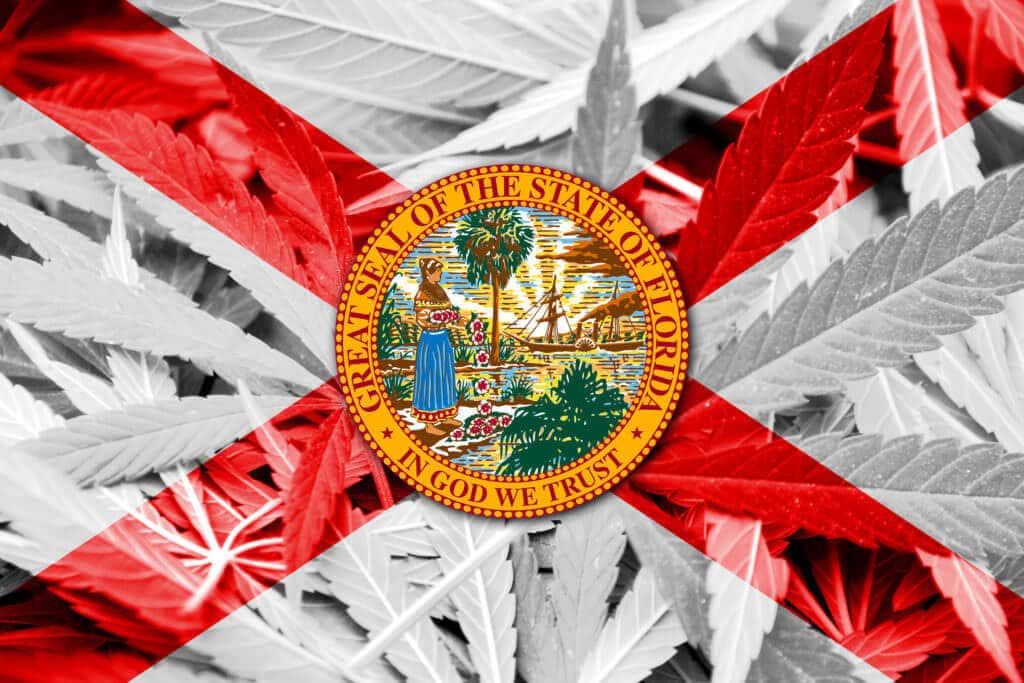Five marijuana industry insiders – ranging from the CEOs of multistate operators to a farmer in California’s Emerald Triangle – agreed that while there’s been friction between business interests and grassroots activists, both sides need each other and can work together for the wider legalization movement.
Still, there’s room for improvement, the participants noted during a panel discussion at MJBizCon.
The panel – dubbed “Clash of the Titans” – focused on the culture wars that have long characterized divisions between the activists of the pro-cannabis movement and the industry’s corporate executives.
“Big business cannot survive without what cannabis culture has brought to the table,” said Wanda James, owner of Denver-based Simply Pure, a vertically integrated cannabis company.
James lambasted much of the industry, arguing that women and minorities have had too hard a time getting a toehold in the business.
She decried that as a disservice to the legacy of the marijuana plant and its cultural roots.
Business leaders need reliable industry data and in-depth analysis to make smart investments and informed decisions in these uncertain economic times.
Get your 2023 MJBiz Factbook now!
Featured Inside:
- 200+ pages and 50 charts with key data points
- State-by-state guide to regulations, taxes & opportunities
- Segmented research reports for the marijuana + hemp industries
- Accurate financial forecasts + investment trends
Stay ahead of the curve and avoid costly missteps in the rapidly evolving cannabis industry.
Two MSO panelists – Curaleaf Holdings CEO Joe Bayern and Ayr Wellness co-Chief Operating Officer Jennifer Drake – insisted their companies are based in cannabis culture, adding that they want to empower everyone who feels an affinity for cannabis.
“Setting up this dichotomy of ‘Big Business versus cannabis culture’ is a false dichotomy,” Drake said.
“There’s going to be plenty of room for everyone to succeed.”
More generally, panelists agreed that more can be done to encourage collaboration between business interests and advocates who want policies that cover such areas as home cultivation, medical marijuana caregivers and support for minority entrepreneurs.
– John Schroyer




